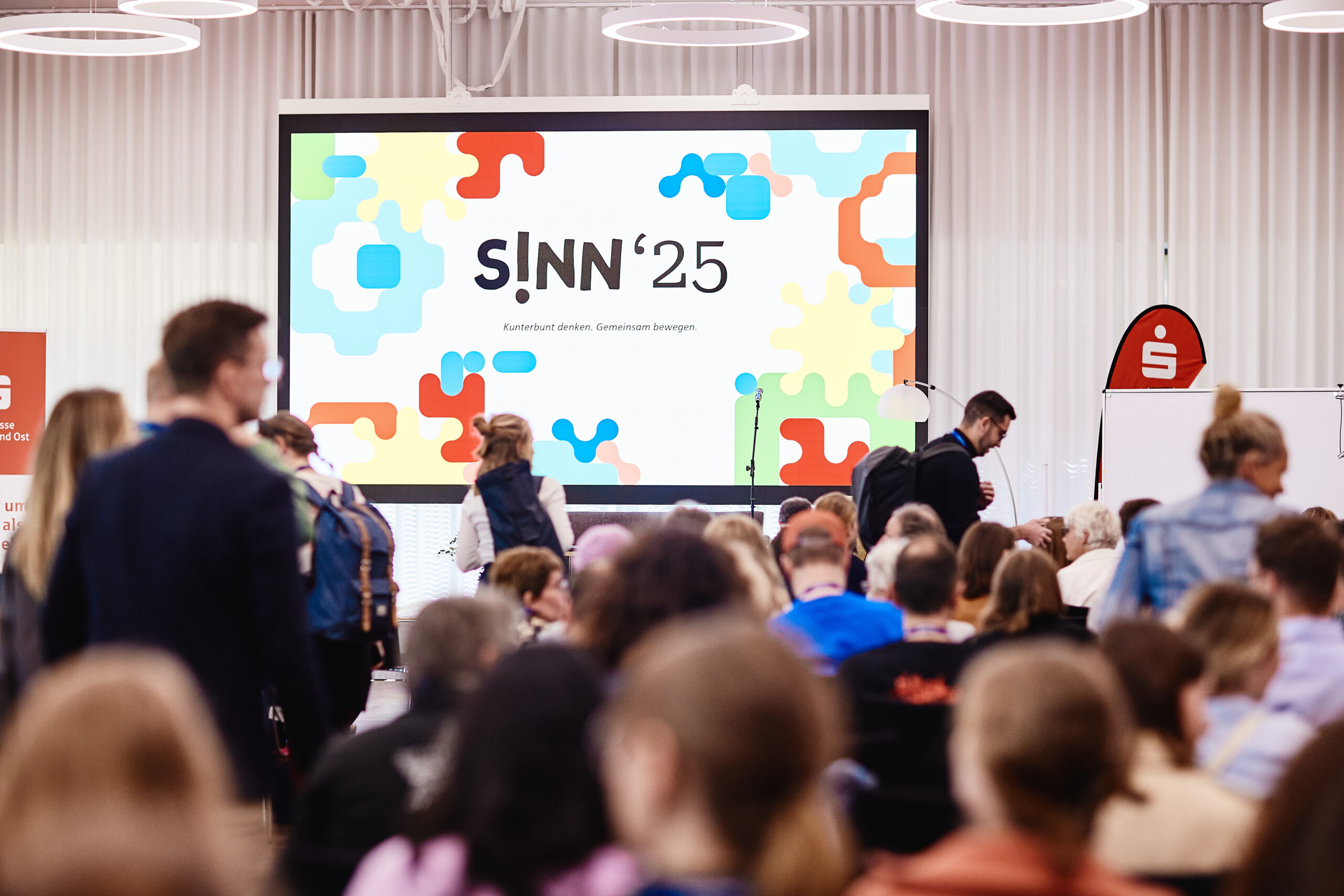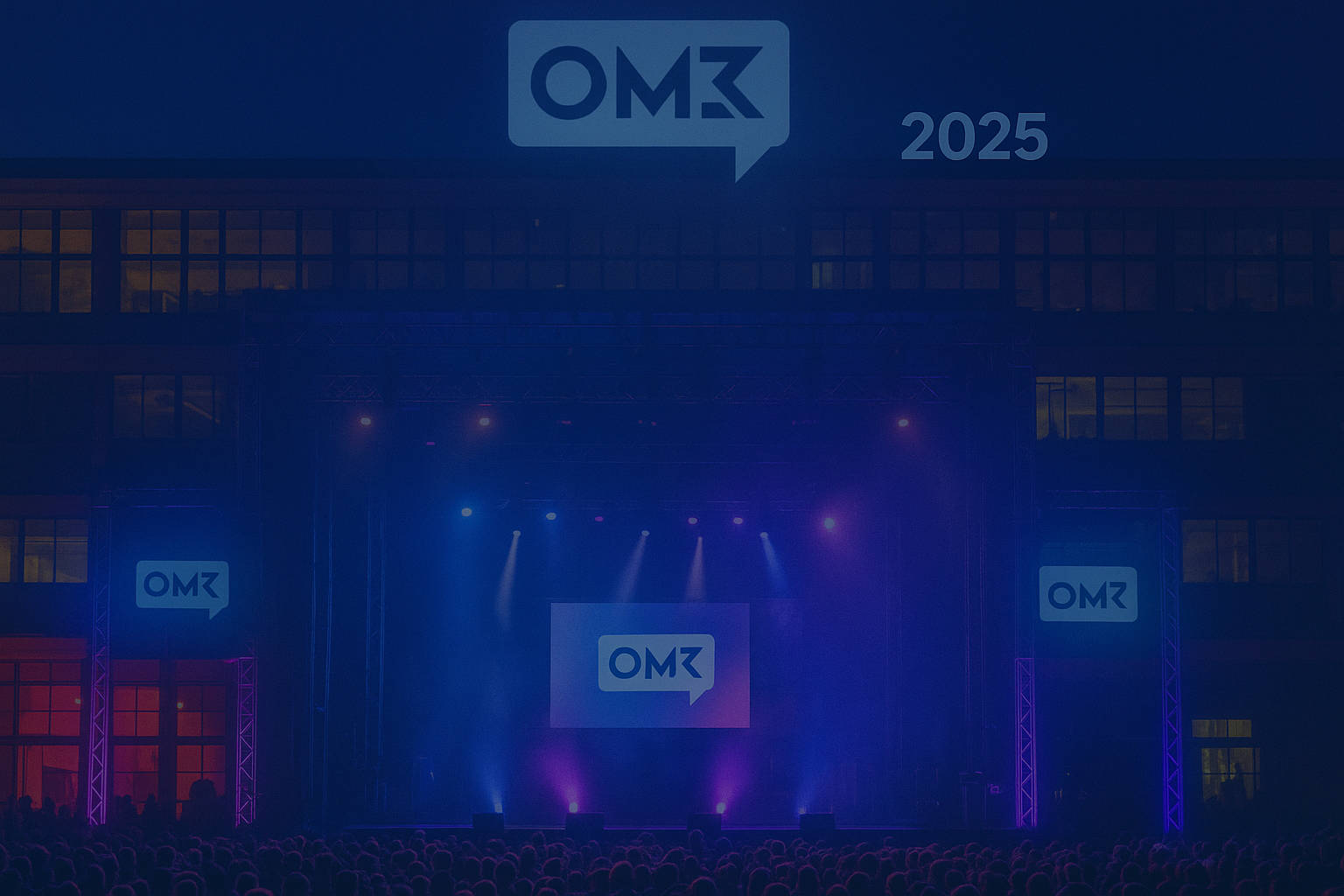I know some of the technorati are losing their minds over the awesomeness that is Google Buzz, but I think that Google’s making a lot of Facebook’s privacy and opt-in mistakes right out of the gate, and it’s going to bite it big-time, if it doesn’t fix it pronto.
I, for one, have already opted out of the entire endeavor.
Those seven people are really important to me. That’s why I turned this thing off.
See, I love the idea of neat new tech innovations that lead to streamlined communication, real-time updating, in-line video and photo posting, and supersimple friend and contact integration. I do not, however, like a product that bursts through my door like a tornado and opts me in to wanton in-box clutter and spam (or, more precisely, bacn) publicly reveals my personal contact list without asking me, threatens to broadcast my e-mail address anytime someone wants to @ me in a Buzz, and even appears to grab photos off my Android phone that I’ve never uploaded.
That, right there, is bad behavior, and given all the hue and cry about Facebook’s inexorable attempts to expose everything about its users to the entire world, Google ought to know better.
Seriously, Google. Would it have killed you to add a „configure“ step to this process?
When you visit Google Buzz, you’re invited to „Try Buzz in Gmail,“ with „no setup needed.“ But the no-setup thing isn’t the bonus you might be led to believe.
First, you automatically follow everyone in your Gmail contact list, and that information is publicly available in your profile, by default, to everyone who visits your profile. It’s available with helpful „follow“ links too–wow, you can expand your Buzz network so fast by harvesting the personal contact lists of other people!
To hide the list of followers/followees from your profile page, you have to click Edit Profile and uncheck the box next to Display the list of people I’m following and people following me. Why that option isn’t obvious on the Buzz page itself–well, decide for yourself.
On top of that, let’s say you’ve customized your Google profile page with the vanity URL Google helpfully offers at the bottom of the page. Well, that’d be your e-mail handle. Anytime anyone does an @ reply to you, they’ve broadcast your e-mail address to the world.
Now, I know Gmail is in fairly wide use in business environments, but it’s also most commonly used for personal e-mail. We’ve gotten comfortable with handing out usernames of all stripes across social networks, but the personal e-mail address used to be somewhat sacred–until Google Buzz came along.
Plus, and maybe this is specious, but it really bugged me: when I enabled Google Buzz, it was using a photo on my personal Buzz page (not my profile or anything) that I’d taken on my Droid but hadn’t ever uploaded. Why? And why that photo? And–what? That’s just creepy as hell.
But it’s less creepy than the mobile privacy. I will say, thank goodness, at least Google Buzz doesn’t opt you in to this creepiest feature of all: revealing your location by exact address. When you first visit the mobile app on your Android phone and attempt to post something, you’ll be asked whether you want to Share Location or Decline. The „Remember this Preference“ box is prechecked too, so be sure you’re ready to have everyone know right where you are, whenever you post to Buzz. At minimum, uncheck the Remember button so you can decide whether to reveal your location post by post.
No offense, but please don’t come visit me.
I’m sure that a lot of Foursquare fans will happily share away. But Buzz also displays buzzes from people near your location–and identifies them, as well–by exact address. And there are no preferences in the Android app–no way, near as I can tell–to choose to broadcast only to the list of people you follow or a group you’ve established, as you can in the Web interface. So be equally prepared for everyone around you to know who you are and where you are when you post to Buzz from your phone. Yeah, no, really. I’m totally not making this up.
Now, before you get your angry Buzz on, yes. I know. I know I can unfollow people to protect their privacy (and mine). I know I can use an annoying string of numbers instead of my username to protect my e-mail address. I know I don’t have to enable location awareness. I know I can, as I mentioned, post privately and not publicly. But none of that is the default, meaning that when I sign up for Google Buzz, assuming that I even know that this massive overshare is about to happen, all of those „features“ will have to be turned off, one by one, in a confusing and vaguely annoying interface, and I can’t do it on my phone. And that is crap.
I know Google’s modus operandi is that it is coming to us from the future–the future where there are no applications, there is only the Web, there’s no need for printer drivers, and there’s no expectation of privacy when it comes to taking pictures of your house for all to see, or you scratching your bum on the street. And wow, what a brave new world that is.
But I do have an expectation of privacy when it comes to my e-mail, and I think that even in this age of social-networking TMI, most people still think of e-mail as a safe place for speaking privately with friends and family. And for Google to come along and broadcast that network to the world without asking first–and force you to turn it off after the fact–is, I think, both shocking and unacceptable.
I will not re-enable or recommend Google Buzz until it has a brand-spanking-new configuration screen at start-up, with yes or no options like, „automatically follow all contacts?“ and „display list of people I’m following and who follow me?“ and „use e-mail handle as Google Buzz username?“ as well as privacy options in the mobile interface that include „broadcast to nearby users?“
And I wouldn’t mind one that lets me opt out of Buzz putting all that crap in my in-box, too. Without that, I think that only the savviest or least public of users should even bother to play with Google Buzz (which, let’s be honest, is a redundant and limited thing, anyway, and relies on everyone in your life using Gmail, which, really, is kind of a lot to ask, especially when we already have Facebook).
In den letzten Jahren hat meine Skepsis gegenüber neuen Diensten abgenommen. Zu groß war der offensichtliche Nutzwert, zu groß die Neugierde, wie sich die Kommunikation wandelt und Prozesse neu organisieren lassen. Nach den Datenschutzskandalen der jüngeren Vergangenheit, die leider überwiegend auf dem Mist deutscher Unternehmen gewachsen sind (Telekom, DB, VZ-Netzwerke), hat sich an dieser Grundeinstellung jedoch etwas geändert. Trotz relativ frühzeitiger Einladung zur Googlke Wave hjabe ich diese bsi heute nicht angenommen. Auch die Ankündigung von Google künftig eine Social Search – freilich nur unter Zuhilfenahme der persönlichen Netzwerke, die der Einzelne hierfür zur Verfügung stellen soll – anbieten zu wollen, hat meine Zurückhaltung in diesem Punkt weiter befeuert. Als nun Google Buzz aus dem Hut gezaubert wurde war endgültig der Punkt erreicht, an dem ich meine First Mover Mentalität zu Gunsten des vormaligen Early Adopter Verhaltens zurückgefahren habe.
Es sieht ganz so aus, als wäre das in diesem Fall zumindest, nicht das Schlechteste gewesen.




